Using electrical energy optimally without impact on productivity is the essential need of all industrial users and also utility, therefore the use of energy efficient equipment are increased in a rapid manner in all part of industries. Most of the modern industrial process makes use of variable speed drives through thyristor converters to control the process in a simple, more efficient and accurate manner. On the other hand, the use of such equipment gives non-linear load effect. This creates harmonic distortion of alternating current waves on the power systems, causing different issues like tripping, overheating, failure, fire and also pollutes the system at large.
In early days the power electronic based converter drives were used for very specific applications due to non-availability of the higher rated components. Now, due to technological advancement, the components are easily available in the market with high reliability and low cost makes everyone to use those components in their system. Hence the use of drives in industries has increased rapidly. Due to wide usage of this equipment, the electrical power rapidly starts to get degraded by introducing harmonics in power systems. Though industries are generally aware of the harmful effects of the harmonics, the elimination/reduction of these harmonic currents and distortion remain unaddressed.
Recently government has imposed strict norms to maintain the harmonics within the specified limits. The other aspect of compensation of harmonics helps the industries to reduce losses, improves the efficiency of the equipment and increases the life of the equipment. There are other Power Quality issues such as Voltage sag, Voltage Swell, Transients which affects the function of the Drives and create an impact on the production and cause failure of equipment.
So, the main objective of this workshop is addressing power quality issues particularly harmonics, its sources, how to meet regulations and limits set by utility, effects with industrial case studies and also methods to mitigate the harmonics and other power quality issues.
This workshop is jointly organized by Thiagarajar College of Engineering (www.tce.edu) Madurai, Asia Power Quality Initiative (APQI) (www.apqi.org), International Copper Association, India and the Southern India Mills Association (SIMA) (http://www.simamills.org/)
Asia Power Quality Initiative (APQI) , International Copper Association, Thigarajar College of Engineering & Southern India Mills Association (SIMA) jointly invite you all to participate and interact with experts to know PQ regulation status and how to address any PQ challenge at your shop, step by step and save money on energy.
| DATE: | 28th September 2019 |
| TIME: | 09:00 AM to 06:00 PM |
| LOCATION: | K S Auditorium, Thiagarajar College of Engineering, Madurai- 625 015 |
| WEBSITE: | www.tce.edu |
About Asia Power Quality Initiative (APQI)
Asia Power Quality Initiative and International Copper Association, India have always been at the forefront to facilitate industries and service sector to achieve their goal of energy efficiency, sustainability and safety in their working places by bringing in latest developments and sharing knowledge resources covering contemporary areas of topical interest.
Power Quality (PQ), is an area, where we have been instrumental in influencing the policy direction of the country with the belief that ‘Good PQ means Good Business’. Industry stakeholders have been pillar of support to advance the cause of Good PQ. One need to be aware that significant regulation on PQ has come in and it is matter of time that implementation will be accelerated.
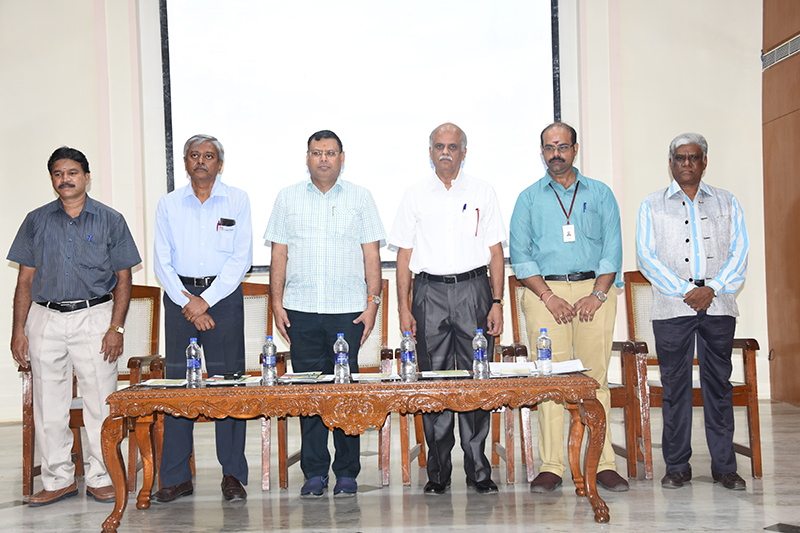 |
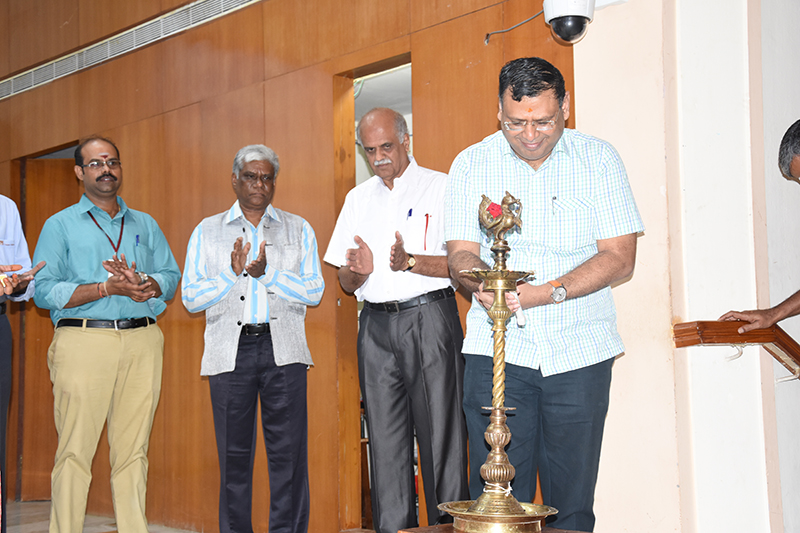 |
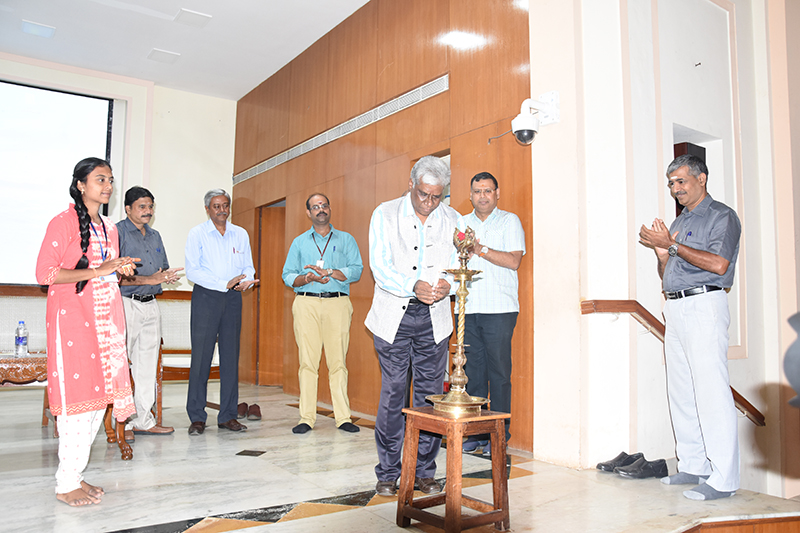 |
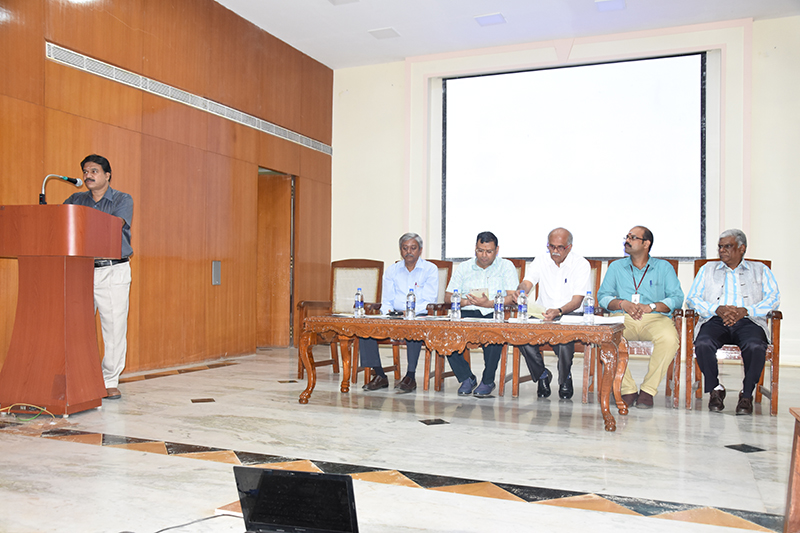 |
 |
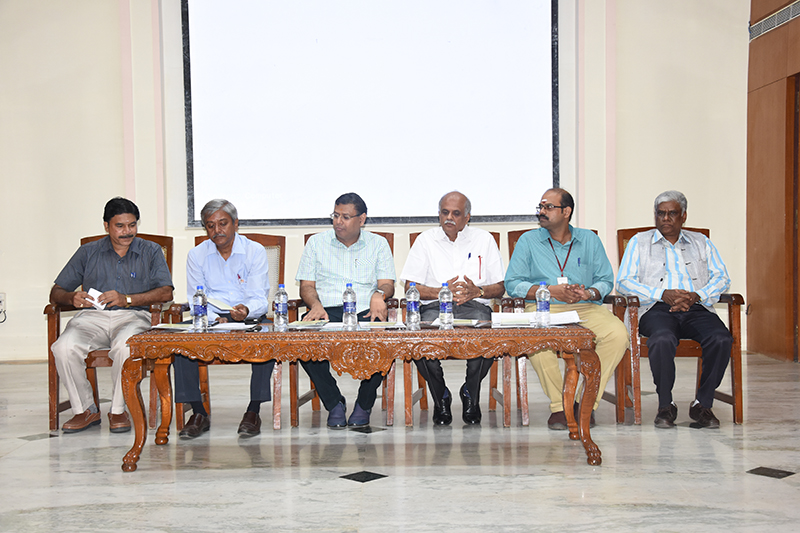 |
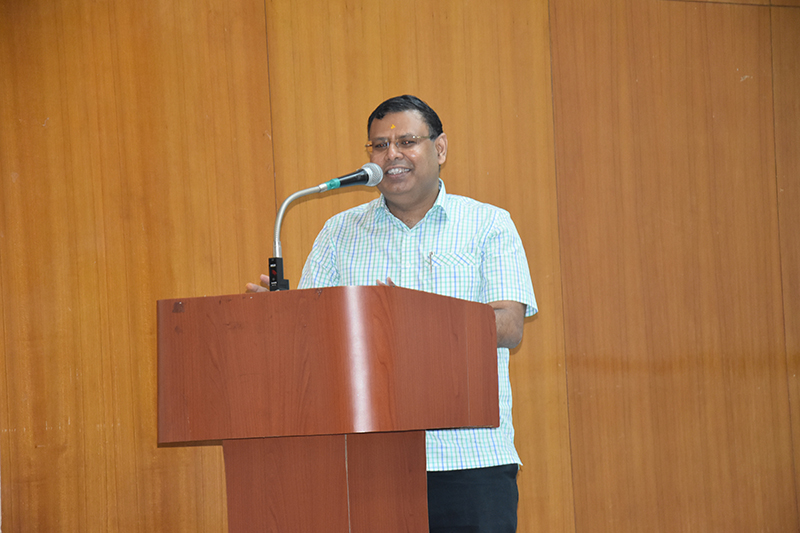 |
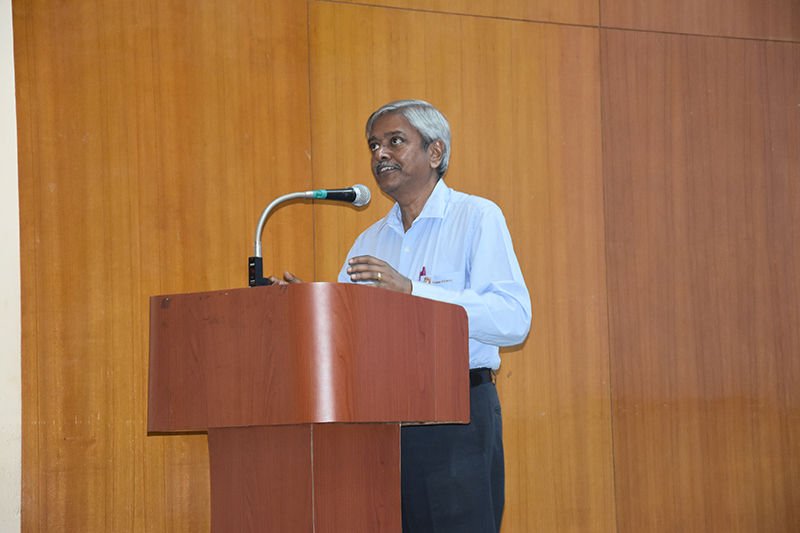 |
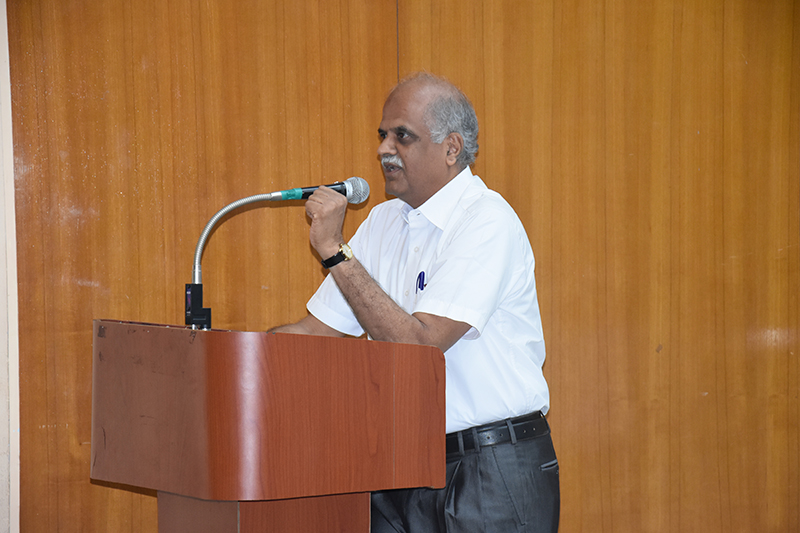 |
 |
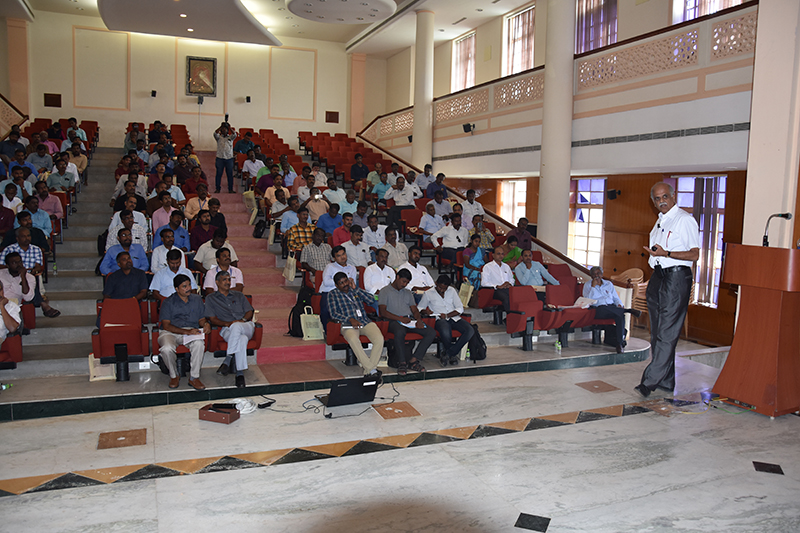 |
 |
 |
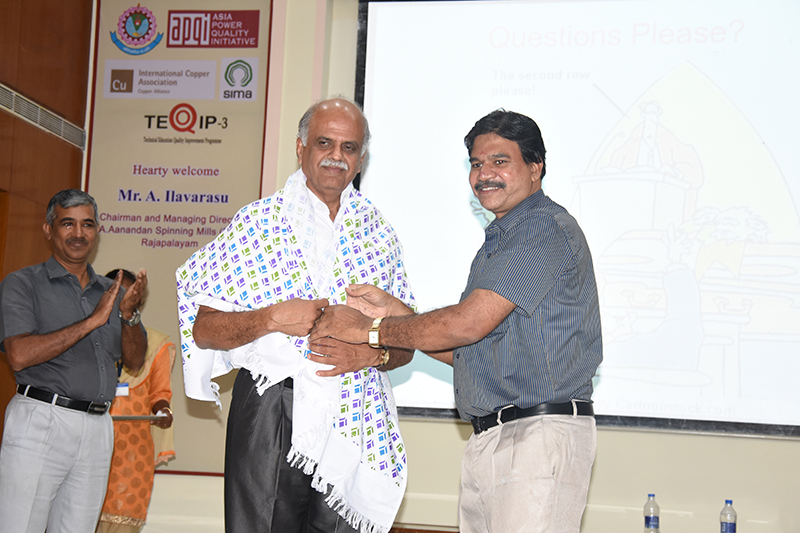 |
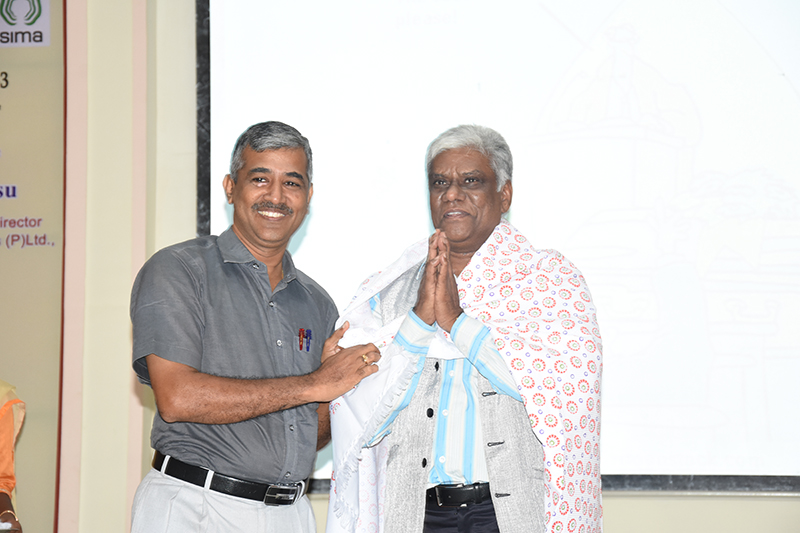 |
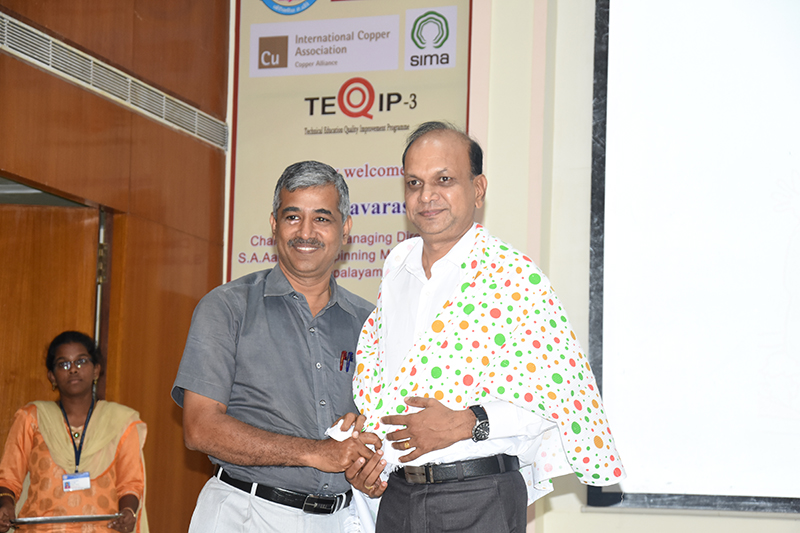 |
 |
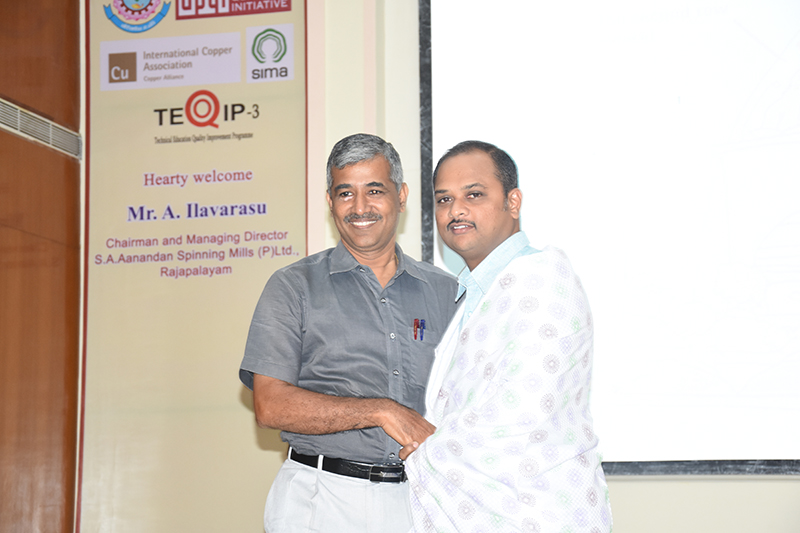 |